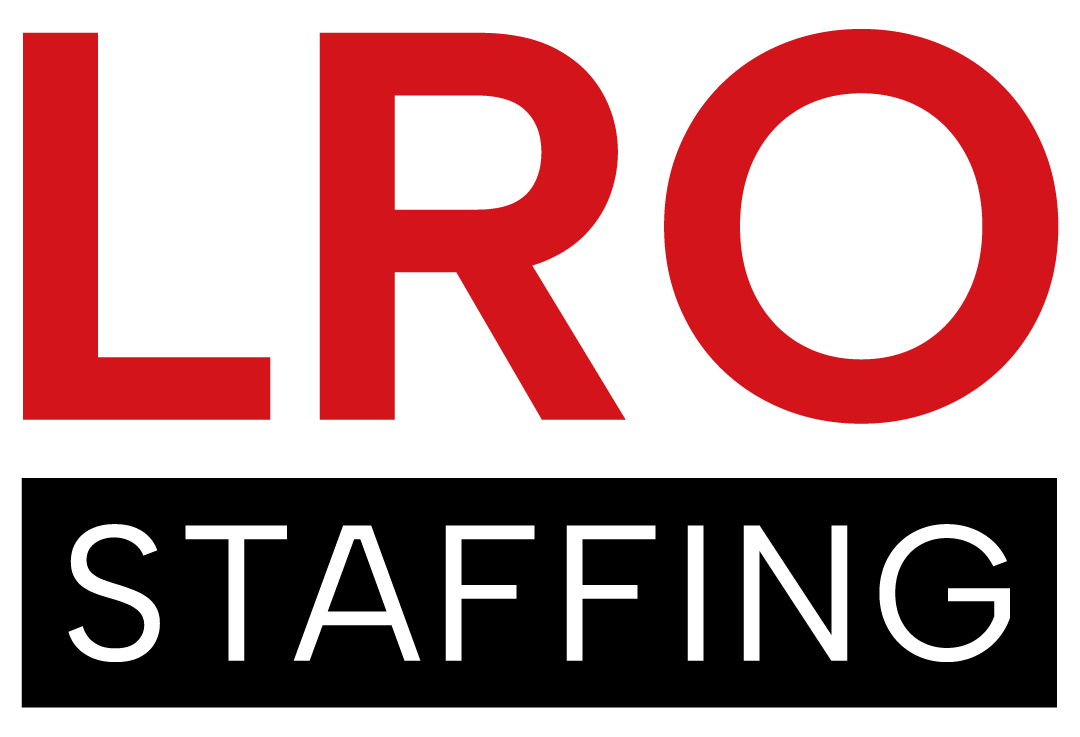When preparing for a job interview, many candidates picture the in-person meeting with a hiring manager, dressed professionally and answering formal questions. However, an important step often takes place beforehand, and it can strongly impact your chances of moving forward: the phone screen.
A phone screen is typically a brief, 15-30 minute call with a recruiter or HR professional. Think of it as a pre-interview to verify your qualifications, evaluate alignment with the role, and determine whether to advance you to the next stage.
While it might feel more casual than a traditional interview, you should take it just as seriously. After all, this is your first real impression and a lukewarm phone screen can quickly land your resume in the “no” pile, even if you’re a strong match on paper.
Why You Shouldn’t Underestimate the Phone Screen
- It serves as a gatekeeper. Advancing to the hiring manager is unlikely without successfully completing this initial step.
- It establishes the tone. Your professionalism, enthusiasm, and level of preparedness are clearly conveyed during this conversation.
- It offers an opportunity to clarify. You can proactively address any potential concerns, such as gaps in your employment history or a recent career transition.
Tips to Nail Your Phone Screen
Ready to stand out in those crucial first 20 minutes? Here are some simple strategies:
1. Find a Quiet, Distraction-Free Environment
Treat it like you would any professional meeting. That means no background noise, no multitasking, and no speakerphone. Take the call from a quiet room with strong reception and a fully charged phone. If possible, use wired headphones or a headset for clearer audio.
Read our team’s previous blog post on Best Practices for Virtual Interviews.
2. Do Your Homework
Although it may seem like a preliminary step, it’s important to take the time to:
- Research the company and role
- Re-read the job posting and match your experience to it
- Prepare your elevator pitch and key career highlights
If the call is with a recruiter, be ready to discuss your availability, salary expectations, and career goals. If it’s with a hiring manager, dive a bit deeper into role-specific experience.
Pro tip: BEFORE the phone screen, when you are submitting your resume online, take note of the places you applied to and some high level notes about what each company does. That way, if a recruitment or HR professional calls you without scheduling something in advance, you are one step ahead.
3. Answer Clearly and Concisely
Phone screens are often fast-paced and meant to be relatively efficient, so try to avoid rambling. Practice giving focused, 1-2 minute responses that hit the highlights of your experience and use real examples when possible.
Pro tip: Smile and be expressive while you speak. It might sound odd, but it makes your tone more dynamic and positive over the phone.
4. Have Notes in Front of You
One benefit of a phone screen is that you can keep a handy “cheat sheet” nearby! Jot down:
- Key professional accomplishments
- Role-specific skills
- Questions for the recruiter
- General notes on the company
5. Ask Smart Questions
The phone screen isn’t just about impressing the recruiter – it’s also your chance to assess alignment with the role and the organization. Thoughtful questions show engagement and professionalism. Try:
- “What does success look like in this role?”
- “What can you tell me about the team or company culture?”
- “What’s the timeline for next steps?”
Tune in for our team’s previous videon on Pertinent Questions to Ask a Potential Employer.
6. Follow Up with a Thank You
Even a short, well-crafted thank-you email can reinforce your professionalism and interest. Mention one thing you enjoyed learning or are excited about. It takes five minutes and can make a lasting impression.
Acing your phone screen isn’t about having all the answers. It’s about preparation, professionalism, and even injecting some personality into the experience. Approach it with the same focus and energy you’d bring to a full interview, and you’ll dramatically increase your chances of advancing to the next stage.
Need help preparing for crucial job interview steps? If your professional experience falls within our areas of specialization, LRO Staffing can provide expert advice and insights tailored to your career goals. Contact us today.

